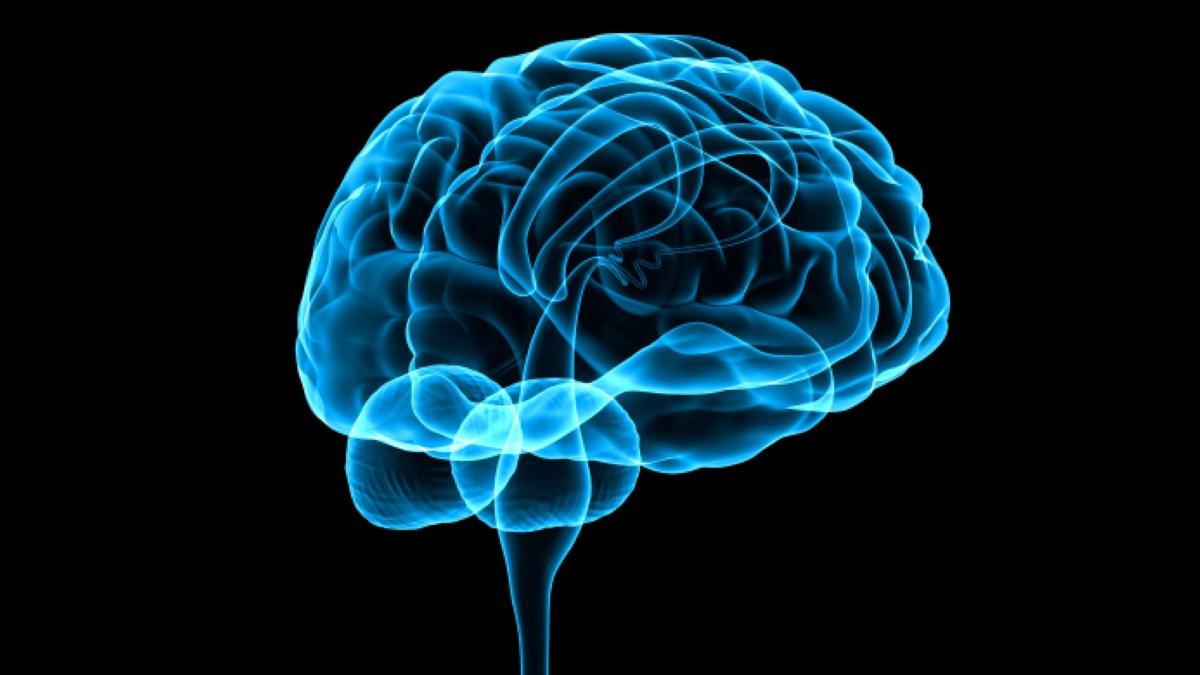Sleep helps the brain to preserve memories
Image

A study has found that sleep prioritises the most important memories, which stay in your mind on a long-term basis.
A research study has found that sleep is beneficial for keeping the most important memories fresh in your mind.
The study was conducted at Swansea University’s sleep laboratory, which specialises in extensively researching the effects of sleep and sleep deprivation. Eighty non-Welsh-speaking people took part in the study. The participants were taught Welsh words before or after sleep, and those who had a period of sleep had an increased ability of retaining the information and were more likely to remember the Welsh words after waking up.
This study shows how sleep has been found to preserve memories and keep them fresh. This could be important in reducing the risk of mental disorders such as dementia and Alzheimer's’ Disease, but more research has yet to be done on this.
Sleep has many benefits to physical health - such as keeping you slim and reducing the likelihood of obesity, preventing type 2 diabetes, boosting your immune system and reducing the risk of heart disease - but getting plenty of sleep every night is good for your mental wellbeing too. Sleep reduces stress and reduces the risk of depression, low mood and anxiety. Lack of sleep - sleep deprivation - significantly correlates with poor physical and mental health, and could trigger physical and mental health problems.
Your sleeping conditions - such as sleeping on a comfortable mattress that adapts to your body shape - and lifestyle choices also have an impact on how well you sleep, with in turn has a significant impact on your mental health. Making sure you are sleeping in the right environment is vital. Ensuring your bedroom is dark and quiet, having a comfortable bed and mattress, and not having a TV or gadgets such as tablets or smartphones in the bedroom are all steps you can take to help relax you and send you off into slumber.
Making the right lifestyle choices - relaxing with a warm bath, reading a book or listening to calming music or the radio before falling asleep, exercising regularly, going to bed and waking up at the same time each day and night, not consuming caffeine or alcoholic drinks before bedtime and not consuming food late at night - also helps for you to have a better sleep and mentally treasure your important and happy memories.
The findings were discussed at the British Science Festival and they will be published soon in the Journal of Sleep Research.
Sources:
https://www.bbc.co.uk/news/science-environment-37312225
https://britishsciencefestival.org/event/in-your-dreams/
https://www.swansea.ac.uk/cultural-institute/creativity/creativity-fellowships/sleep-lab/
https://www.rethink.org/living-with-mental-illness/wellbeing-physical-health/sleep
Find a hospital
Use our search to find a Barchester
hospital with the care service you need.
Make a referral
Professionals and families can use our quick and easy referral forms to apply for care in our hospitals.